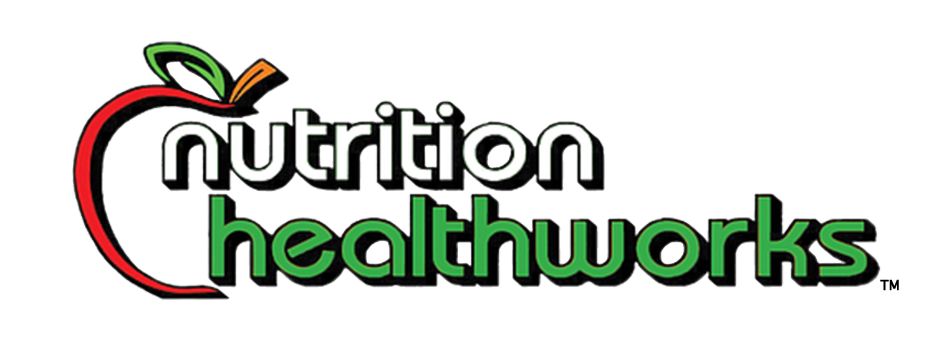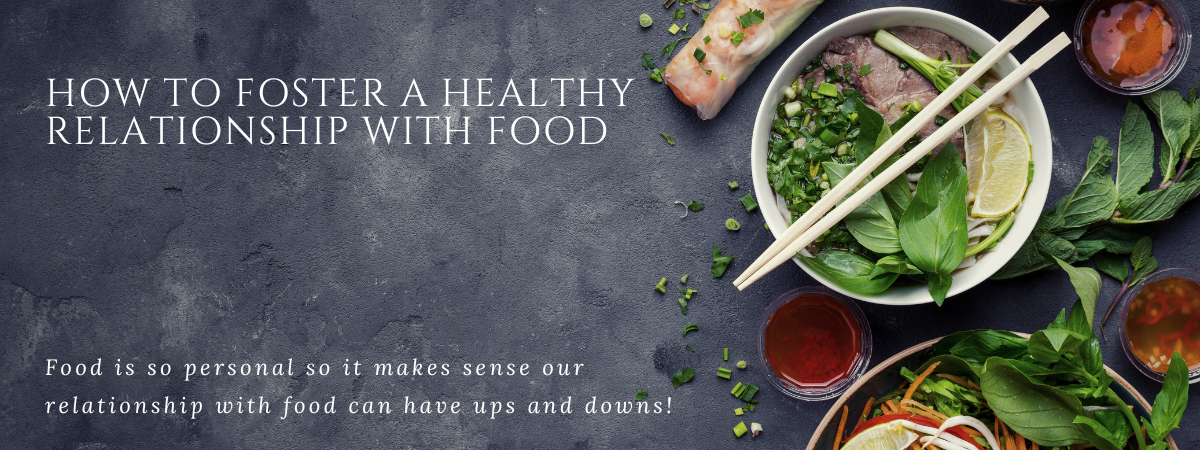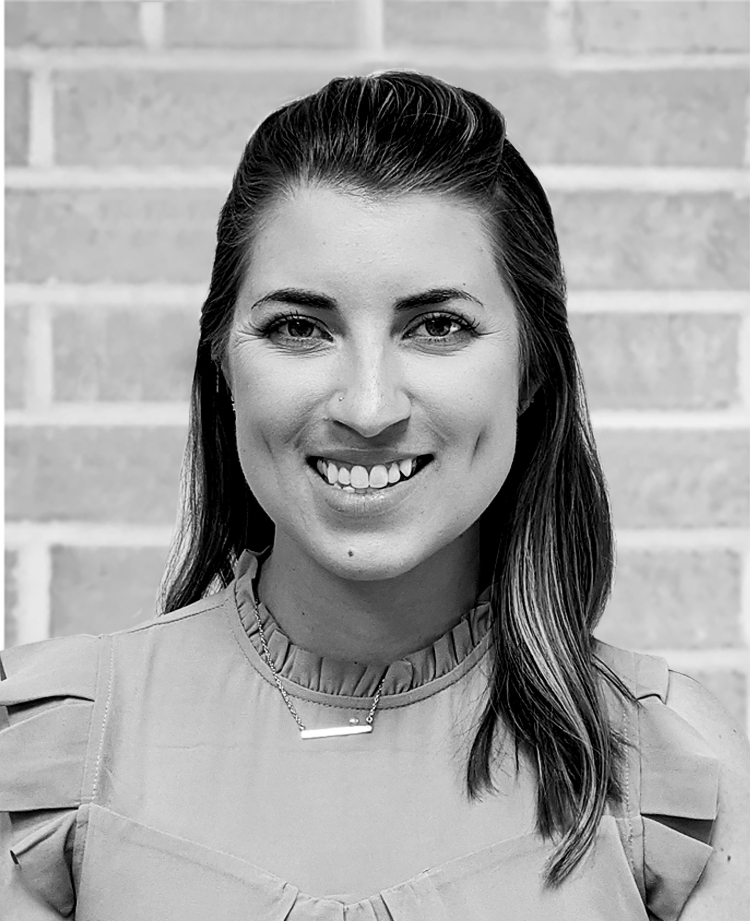
Kelly Myers, MS, RDN, LDN
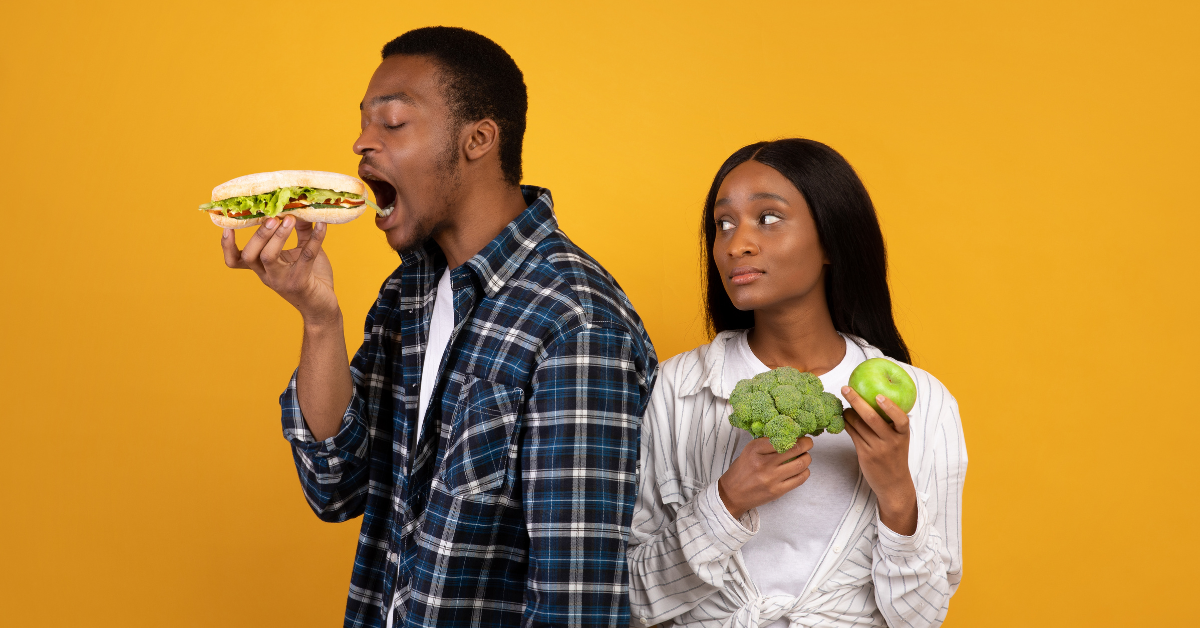
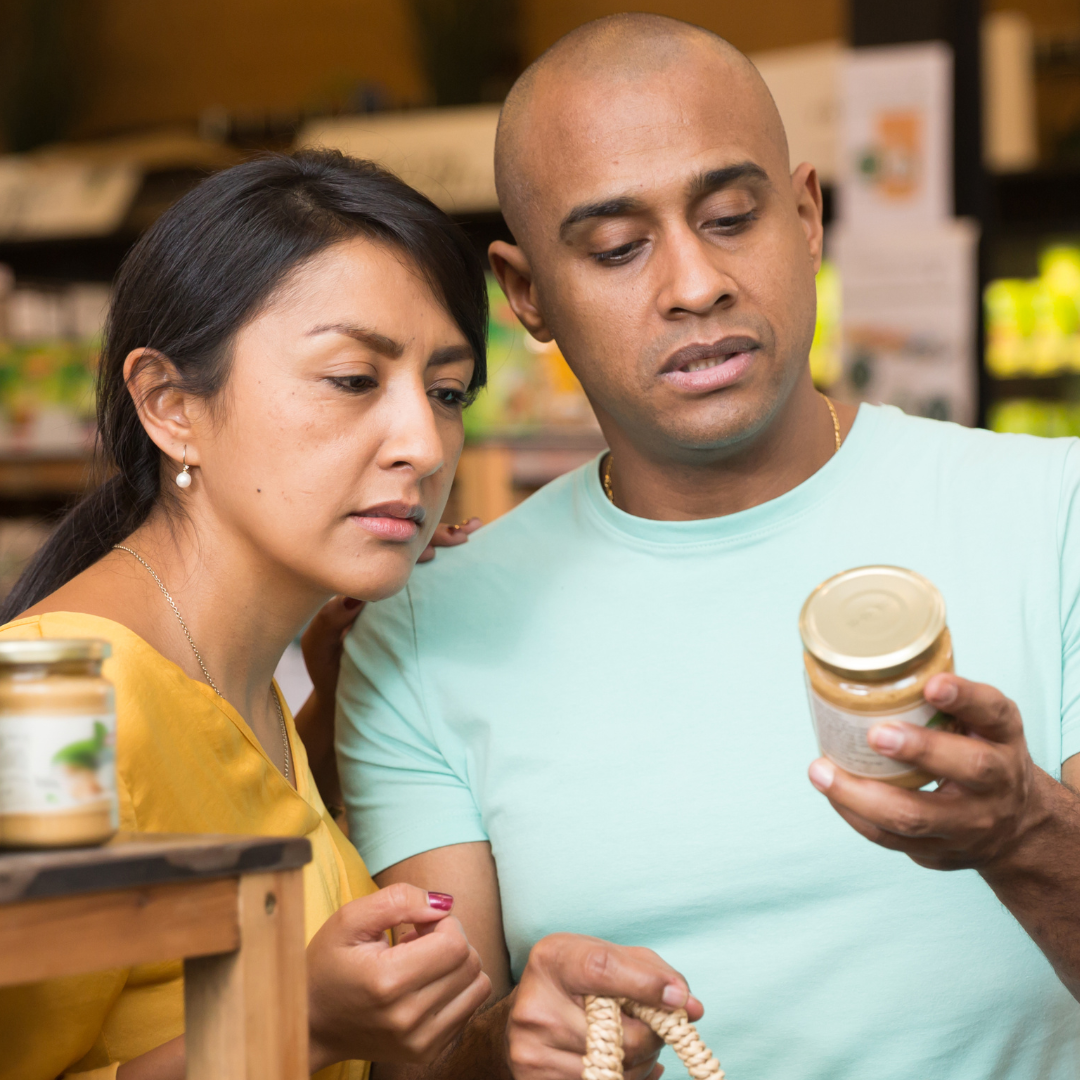
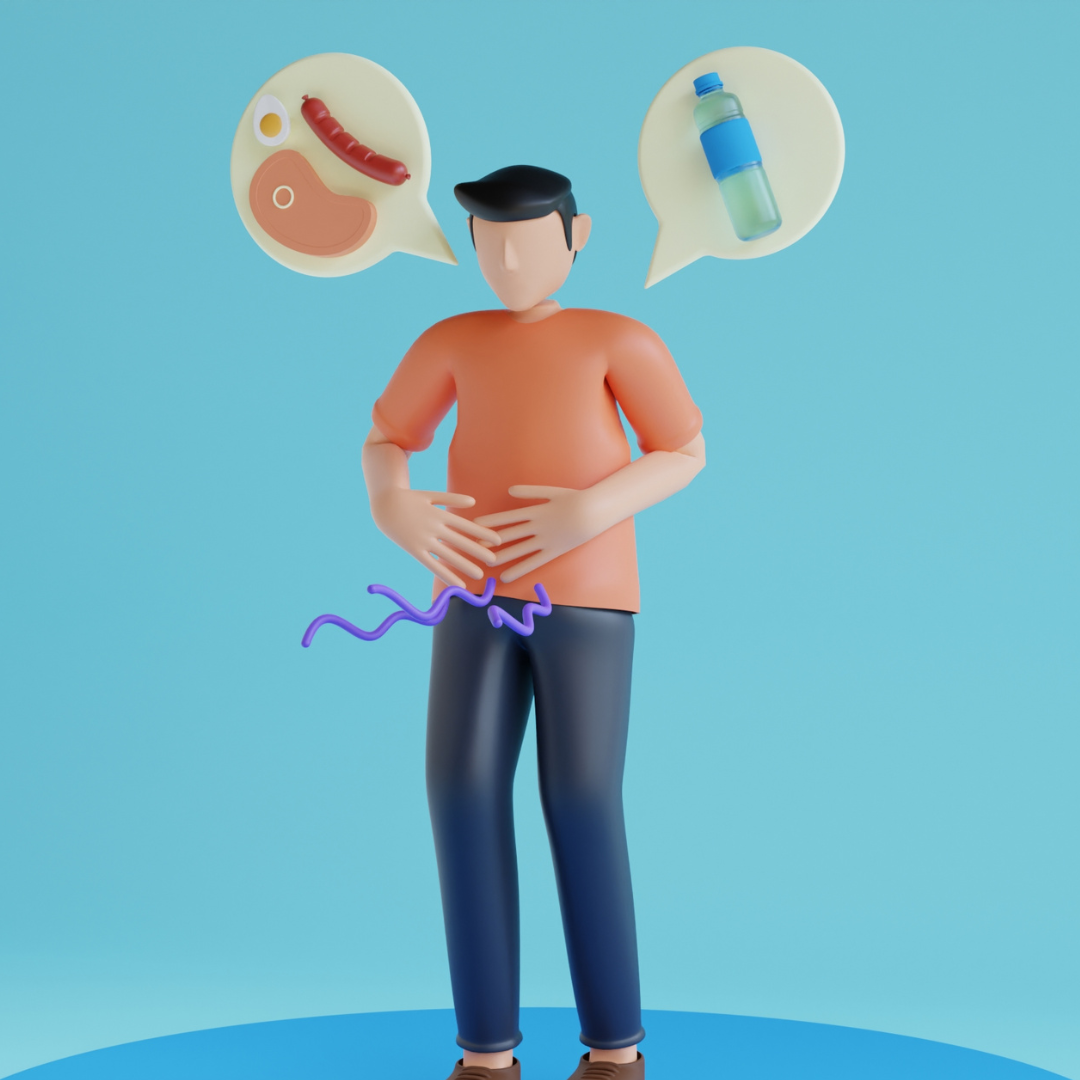
Tune into personal and unique cues or signals that your body communicates to you about how you physically feel when eating something. Is your belly rumbling or do you feel so full you feel nauseous? Are you starting to get a headache or are you focused and distraction-free at work? Both can signal a level of hunger or fullness that we can learn to understand how well we are responding to our cues. If we are overly hungry, we have waited too long. If we are uncomfortably full, maybe we ate quickly or with distractions. When you match your hunger cues appropriately you feel balanced rather than experiencing extremes of hunger or feeling stuffed. When you feel uncomfortable on either side of the hunger scale, something is not aligning well. This is something your dietitian can help you understand more!
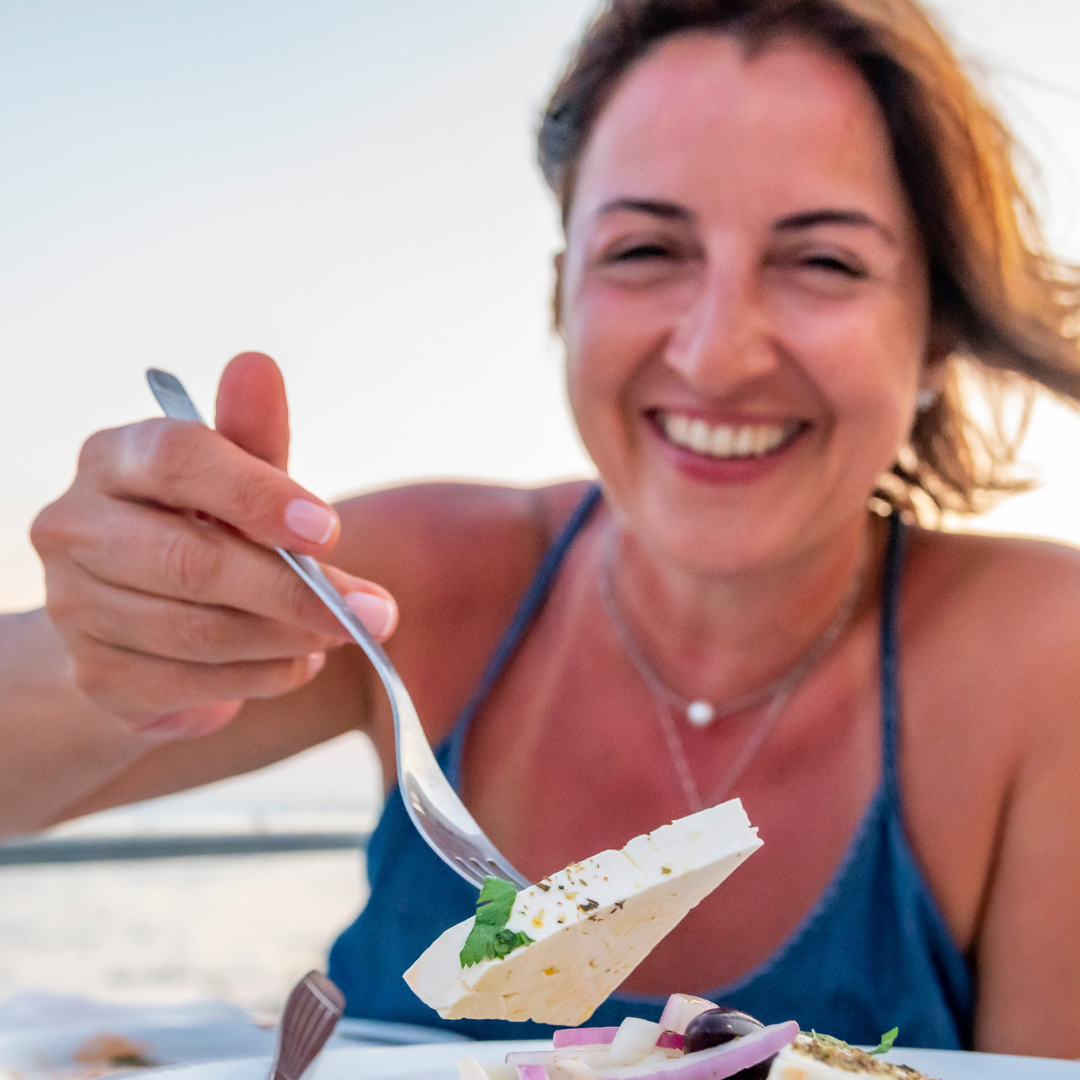

KELLY MYERS
MS, RD, LDN
Kelly is a Licensed and Registered Dietitian Nutritionist with a passion for helping individuals and families. She completed her Bachelor’s Degree in Food Science and Human Nutrition from…READ MORE
